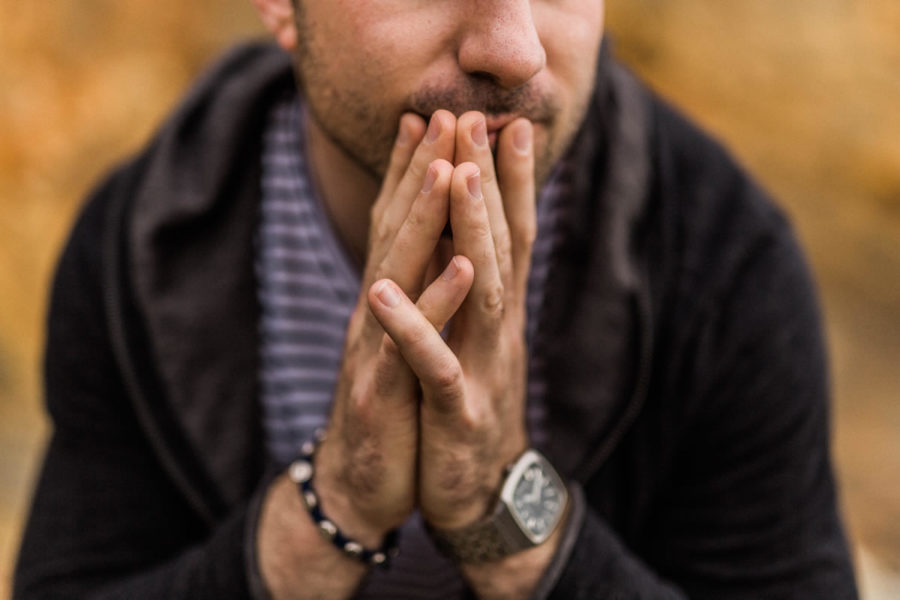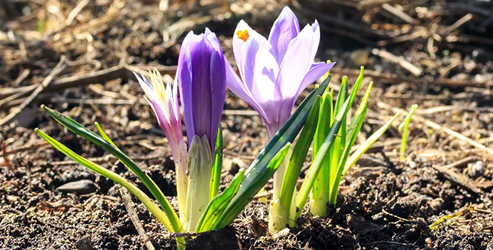
Whether you agree with euthanasia or not, I suspect it will eventually become legal in most states. After all, one could say our death is the only “significant” day we don’t plan. Add in our love of control and well…
In the Aeon article below, Daniel Callcut points out an aspect of euthanasia I had not considered: it differs from suicide in that it is not performed by the person but for the person.
Callcut also brings up another angle: will you be able to afford the choice?
DEATH BY DESIGN
Aeon Article, by Daniel Callcut
One day you wake early, walk into town, and a large advertising billboard attracts your attention. The image on the poster is mysterious but appears to depict a ceremony in a forest. You didn’t choose to come into this world, says the text across the middle, but you can choose how you leave. To the bottom right of the poster is a company name, Designer Endings, and contact details. You call the number and confirm that what is being offered is indeed the chance to die in just the way you would like.
The description is fiction – there aren’t currently any designer euthanasia organisations or companies – but it’s worth wondering why it isn’t yet fact. Many people no longer hold the kind of religious views according to which our time of death is not allowed to be of our choosing. There are an increasing number of countries where physician-assisted suicide and euthanasia is permitted in a medical context. But why think that the right to choose our ending is given legitimacy only, if at all, on health grounds? Why don’t we have the right to end our lives not just when we want to but to also do so in style?





